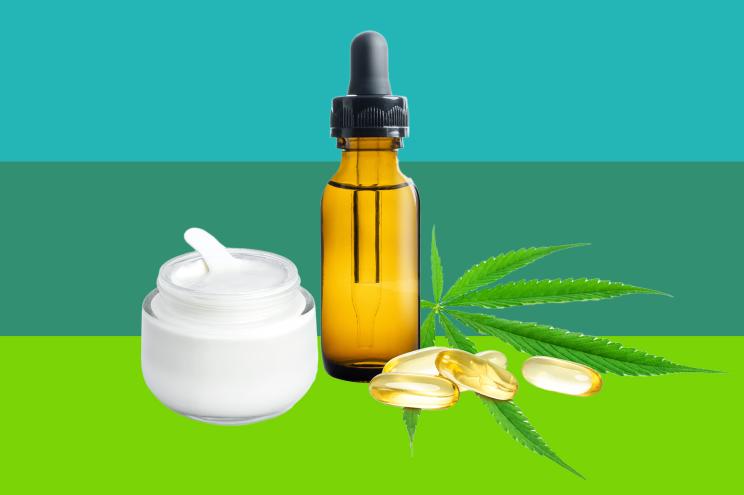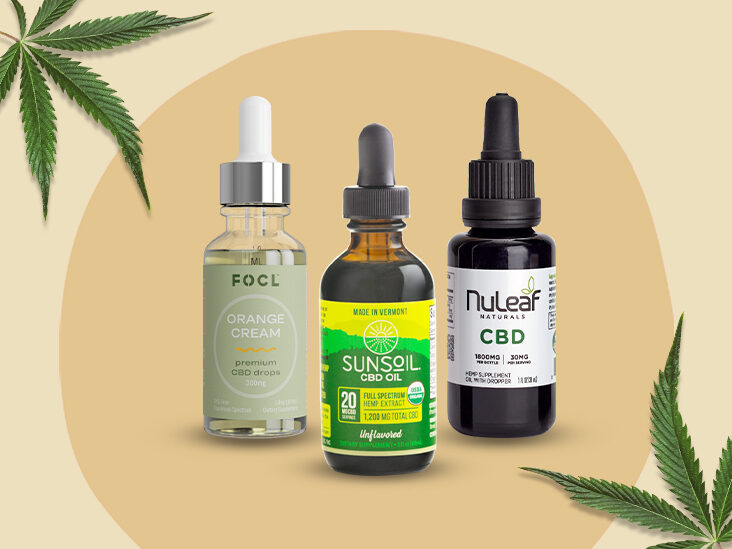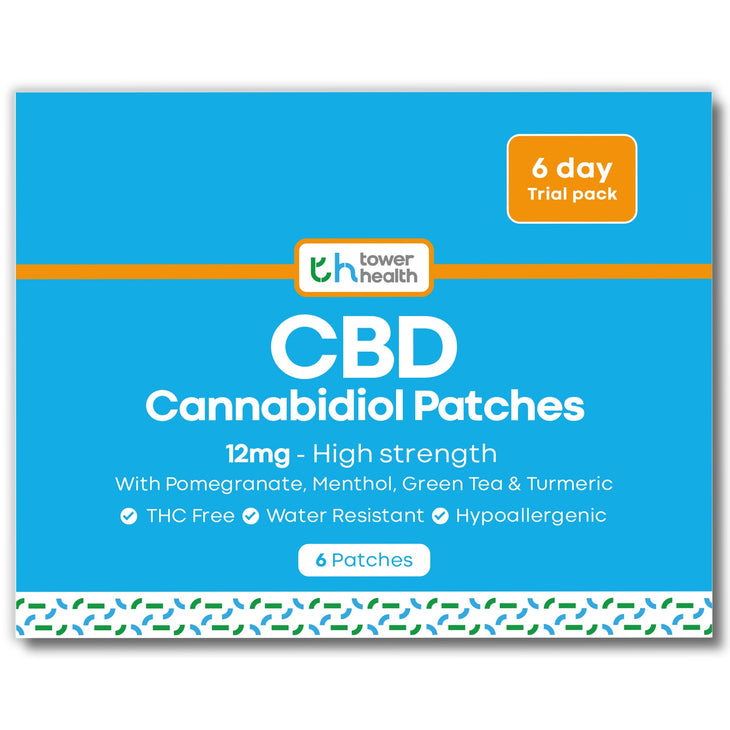
CBD strains help to relieve anxiety and pain, but you should know the differences between low-CBD and high-CBD varieties. It's also important to consider the amount of THC in a particular strain as it can affect your symptoms.
The best CBD for anxiety and pain will have a CBD-to-THC-ratio greater than 1:1. These strains come in many forms, such as capsules and vape oil.
These supplements, which contain high levels of CBD, may be one of the most efficient ways to relieve stress and reduce anxiety. These supplements are sold in health food stores as well as online retailers.
There are a few different ways you can consume CBD. Start out with a low dosage and slowly increase it until the amount that works for you. Consult a doctor before beginning any new regimen.

ACDC Harlequin Sour Tsunami. These are the top hemp varieties for anxiety. These strains, which are high in CBD, are used by professionals to treat conditions including chronic pain, nausea anxiety and seizures.
ACDC is one of the most popular strains for anxiety because it contains a high CBD/THC ratio. It also has a relaxing effect that can help you sleep, according to reviews on Leafly.
This strain has a calming effect and can be used to treat pain and anxiety caused by arthritis, migraines and fibromyalgia. This strain can be vaped or smoked and will leave you feeling energized and relaxed.
Harle-Tsu boasts a 20:1 CBD-to-THC ratio. It also has a pleasant earthy scent with hints of pepper and pin. Its terpene profiles include caryophyllene. This is responsible both for its sedating and uplifting effects.
It is a popular strain for people who have PTSD. But it can also be used to treat anxiety and depression. It can be smoked or vaped to provide a high-CBD buzz without getting you too high.

Remedy, another high-CBD variety, offers a mellow feeling of euphoria that is free from psychoactive effects. Its 13-percent CBD content is perfect for those looking to relax without experiencing a full-body high.
The name of the strain reflects its relaxing effect, which can help you relax after a stressful day at work. Remedy is also used to treat a wide range of conditions including insomnia, fatigue and muscle spasms.
This strain is a cross between Cannatonic and Afghan Skunk, making it a hybrid that's both indica-dominant and high in CBD. It has a citrusy sweet taste and a high CBD/THC ratio, which helps reduce anxiety.
Among the top hemp strains for pain and anxiety, Lifter is an Indica-dominant hybrid with up to 16 percent CBD and nearly no THC. Its calming and energizing effects won't interfere with your ability to focus.
FAQ
What does CBD's price vary in different states?
Prices for CBD products can vary depending on where you live. You can even find prices that are more than 10 times higher in some places!
In general, prices increase the further north you go. CBD can be found in Alaska at $35 per kilogram, and Hawaii at $200 per grams.
This trend is continued across the nation. Prices for grams range from $5 to $2,500.
This is what's the deal?
Prices vary because of different levels of regulation. Some states require that CBD products have very low levels of THC (the psychoactive part of marijuana). Others don't care about the amount of THC present.
Some companies may choose to sell their products first in one state before shipping them to another.
How can CBD products be successfully promoted by companies in a regulatory-compliant way?
The FDA does no regulate hemp as a crop commodity. The Controlled Substances Act regulates other cannabis derivatives (e.g. pot). CBD has yet to be subject to specific regulations.
CBD is legal in 29 states. However it is still illegal under federal law. This creates uncertainty for businesses looking to sell CBD products.
The FDA has strict guidelines regarding how CBD products can be promoted. To make sure that CBD products are clearly disclosed about their THC content, the FDA has established strict guidelines. Without scientific evidence supporting this claim, CBD cannot be used to treat certain medical conditions.
Additionally, the FDA requires manufacturers submit information about manufacturing practices and quality control. They also require companies to conduct clinical trials to prove safety and efficacy.
Companies should consider these factors when developing their own marketing strategies.
What CBD products do you sell most?
CBD products can be found all over these days. People are buying them for everything from anxiety to pain relief. The market is growing rapidly and is very large.
But for what purpose do people buy CBD? And how does this affect you as a brand owner?
Statista reports that CBD products have relaxing properties. They are also purchased for their antiinflammatory properties.
This means that products with both CBD or THC can be sold both for recreational and medicinal purposes.
But what about brands which are focused on just one purpose? A company selling CBD for stress relief is an example of a brand that will not be challenged.
In addition, if a brand focuses on CBD for medical purposes, then it will have a large customer base.
However, if a brand wants to target recreational users, then they need to create a unique selling proposition (USP). A USP simply means a distinctive feature or benefit that differentiates a brand's competitors.
Some brands offer free shipping while others offer bulk discounts.
What conditions are treated by CBD?
Any treatment must have an impact on the patient's condition. A doctor must give a prescription for cannabis oil to be used in medicine. It is also illegal to use cannabis products if you do not have a prescription from a medical professional.
You don't need a prescription if you use cannabis oil to support a healthy lifestyle. You should talk to your doctor to confirm that cannabis oil is safe to be taken.
The cannabis oil can be made from whole plant extracts (THC and CBN), or it can be isolated compounds called marijuanaoids (CBN and CBN). They contain many different types of cannabinoids, such as cannabidiol (CBD), tetrahydrocannabinol (THC), and cannabinol (CBN).
These components interact with the receptors in the body to produce pain relief, stress management, anti-inflammatory and antioxidant effects.
What's the future for the CBD industry?
The future is bright for the CBD industry. It's easy for people to get on board with this sector. With over $1 billion spent globally by consumers on CBD products alone, it's not hard to see how this market is growing exponentially.
Statista predicts that global sales of cannabidiol in 2019 will reach $22.4 million. This is an almost 200% increase from 2018!
It is also expected that the CBD market will grow at a compound annual growth of 22.5%. That would translate to approximately $6.8 million in revenue by 2020.
This is great news not only for existing businesses but also for companies looking to get into the sector. We must remember that the CBD market still has a lot of work ahead.
Statistics
- CBD seems unlikely to directly influence sleep in healthy humans [115] (and maybe “sleep-promoting” in those with certain comorbid conditions) (ncbi.nlm.nih.gov)
- The inhibition of FAAH is predicted to lead to an increase in brain and plasma concentrations of AEA, which acts as a partial agonist at CB1R and CB2R, thereby increasing endocannabinoid tone [92, 110]. (ncbi.nlm.nih.gov)
- As a substance that was federally illegal before the passage of the 2018 Farm Bill, hemp-derived cannabinoids with no more than 0.3% THC still face a regulatory grey area. (forbes.com)
- The use of these products is likely to become even more widespread if the World Health Organization's recommendation that CBD no longer is scheduled in the international drug control conventions is adopted by the United Nations member states [201]. (ncbi.nlm.nih.gov)
- A recent systematic review of human trials also reported that individuals with epilepsy receiving CBD (5–20 mg·kg−1·day−1) were more likely to experience decreased appetite than those receiving placebo (i.e., ~20 vs. 5% of patients) (ncbi.nlm.nih.gov)
External Links
How To
How to Get Certified for Selling CBD Products
CBD (cannabidiol), is one of hundreds of cannabinoids in cannabis plants. It has been used medicinally since ancient times, including in traditional China, India, and many South American nations. Due to its ability treat conditions like anxiety and pain, epilepsy, inflammation, and other ailments, it has become increasingly popular. But if you want to start selling CBD products, there's no official certification program available yet -- at least not in the U.S. That means anyone who wants to make money off their own line of CBD products has to rely on the "unofficial" process of self-certification.
There are two ways you can go about it. The first option is to join a canna business association. This way, you can learn from others while getting support and advice. There are currently numerous associations all over the country. Another option is to go online. The majority of states allow cannabusinesses to be online. If this is the case, then you can establish your own website immediately and start accepting orders. However, registration is required with your state Department of Public Health. Once you have been registered, you will be able apply for a state license through the department of public health. Once you have received your license you are officially authorized to open your store, accept orders, and close it.